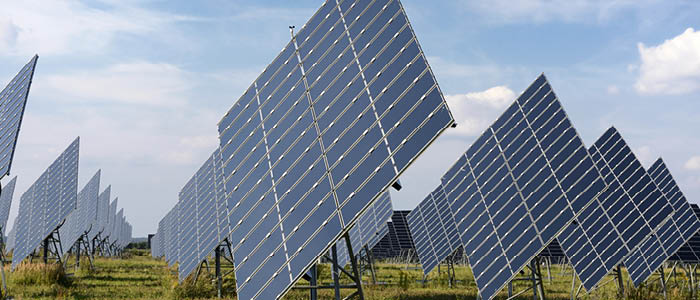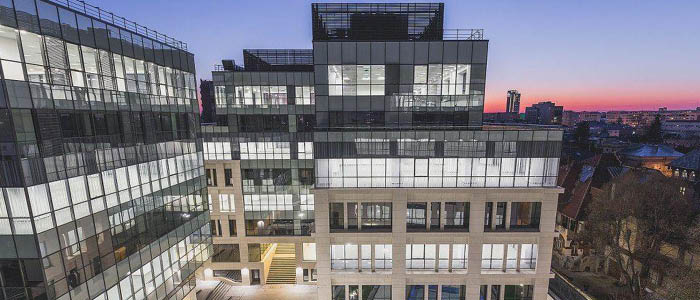Looking at it honestly, 2016 has been another year of recession for Russia, with a GDP expected at negative 0.6%. That’s not a surprise, of course. The oil crisis, currency crisis, and a hostile international context materialized by EU and US sanctions have severely impacted the economy.
However, under the circumstances, Russia has coped rather well with these issues, and certainly better than expected by most observers. In this respect 2016 should be regarded as a transition year to better times, international context permitting, and it has been a busy year in terms of legal developments.
Transition Year
Again, the Russian economy has adjusted quickly to lower oil prices and the sanctions problem. Most big Russian companies have undergone reorganization plans to focus on core businesses, adjust costs, be compliant with Russian CFC rules, and reduce/rearrange indebtedness. Unemployment remains at a record low level (5.7%), and inflation is under control at 7.5%. Most remarkably, the Central Bank managed to maintain a 65/73 RUB to EUR tunnel, which brings long-awaited stability into the business! Finally, the Russian Government has given its green light to a wave of privatizations aimed at raising up to EUR 9 billion, which would significantly reduce the deficit.
Although production output remains low (despite signs of recovery in certain sectors), the counter sanctions imposed by Russia have revitalized localization policies in nearly all segments of the economy. Agriculture has highly benefited from these counter sanctions programs, attracting significant state funds and private investments in all areas (including machinery, production, food processing, distribution) and many imported goods are now substituted by local products. Overall production of grains has surged to 105 million tons in 2016, with a forecast for 130 million tons in 2030!
After medicines and car production localization programs, Russia has expanded its localization policies to nearly all sectors of the economy – in particular the public sector, where the procurement of goods and services are now subject to constraints relating to their production/generation. These efforts combined with new restrictions in terms of ownership by foreigners of certain assets (such as big data, online video services, and Internet services) are expected to continue regardless of the sanctions issue, and all foreign investors should now seriously consider localization opportunities in Russia.
Overall, Russia has survived the crisis, but at a cost. The disposable income of individuals keeps shrinking. The deficit now represents 3.7% of GDP, and investment in infrastructure has been severely cut. However, budget projections for 2017, though very conservative, predict GDP growth of +1.5%. Foreign investors still have appetite for Russia, where assets, thanks to the ruble devaluation, are now reasonably priced. There are encouraging signs that Russia might be back on track as soon as 2017, provided of course that the international pressure on Russia at worst remains stable and at best eases a little bit!
Key Legal Developments in 2016
Russia and the WTO
The first Trade Policy Review of Russia as a WTO member was held on September 28 and 30, 2016. The overall assessment is that Russia has held an active position within the WTO since joining it in 2012 but a number of issues remain, including compliance of Russian substitution policy with WTO rules. Russia was held to have has violated its tariff obligations relating to import duties on paper, refrigerators, and palm oil. Its ban on the import of live pigs and pork from the EU was also declared illegal.
Import Substitution
Import substitution and – as one of its effects – localization of production are the hot topics of the year. New bans, road maps, and legislative initiatives are reported in the Russian press almost daily.
For many years, the principle of equal treatment of domestic and foreign goods had been applicable to Russian procurement tenders. But in the context of EU and US sanctions, the Russian Government and its ministries are creating new rules on public procurement in nearly all industry sectors, leading to restrictions for foreign products in the Russian public procurement market. This policy even culminated in the September 16, 2016, adoption of a Decree introducing a general 15% price preference for goods/works/services produced in Russia to be purchased by state-owned companies, across all sectors.
Real Estate and Town Planning Law
The Single State Property Register is expected to operate from 2017, while important changes to town planning and construction regulation, including development of a territory, came into force in 2016.
Tax
On February 17, 2016, amendments to the Russian legislation on CFCs came into force to remove some ambiguities and minimize the negative tax consequences of some of the rules for good faith taxpayers.
Long-awaited amendments to Russia’s thin capitalization rules were adopted in mid-February, most of which will come into force on January 1, 2017. They modify the scope of controlled transactions by extending it to those involving sister companies within a group and exempting certain loans from the application of these rules.
The so-called “Google tax,” which was adopted in July and became effective on January 1, 2017, makes certain online services by foreign IT companies VAT-able at the location of the customer. Foreign online retailers will also soon be liable for VAT on goods they sell to Russian customers.
IT and Personal Data Protection
The Russian President signed a package of bills increasing liability for crimes of terrorist and extremist nature on July 7, 2016. As a result, telecom operators are now required to store the metadata on the receipt and transmission of calls, text messages, photos, sounds, and videos for three years. Similarly, web operators that use end-to-end encryption, email services, social networks, and ordinary websites that support data encryption need to store the data on the transmissions of messages for one year. From July 1, 2018, telecom and web operators will also have to keep the content of conversations and messages for six months.
LinkedIn was blocked to Russian IP addresses on November 17, for violating Russian personal data localization rules.
Dispute Resolution
Key changes in Russia’s dispute resolution rules include the introduction of a mandatory pre-trial settlement procedure for commercial disputes and the concept of enforcement-order proceedings for certain categories of commercial disputes.
The organization and operation of arbitration courts in Russia was substantially reformed on September 1, 2016. The main innovations include an attempt to ban so-called “puppet” arbitration courts, the extension of the jurisdiction of the arbitration courts in corporate and other disputes, strengthening the cooperation of state courts with the arbitration courts, and clarifications on enforcing arbitral awards.
Overall, this has been a busy legislative year, with Russia drawing closer to Western standards in many respects but also taking the lead on issues still under consideration in many developed countries, such as VAT on e-commerce, Internet and terrorism, and the protection of personal data..
























